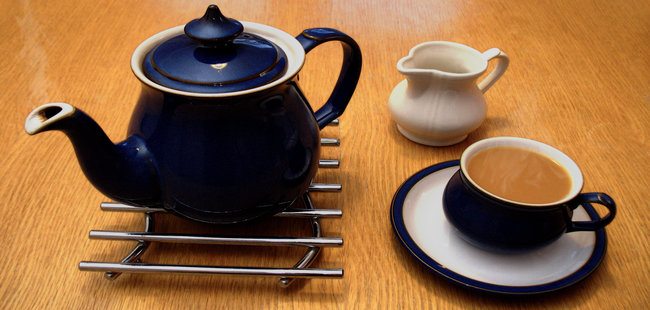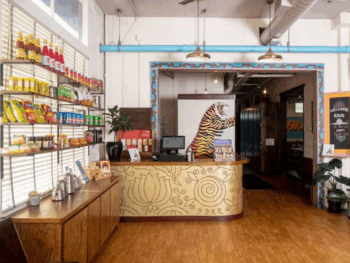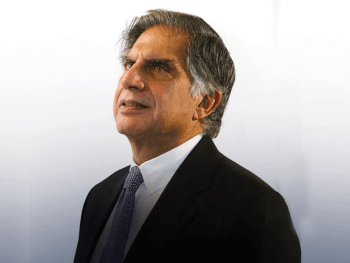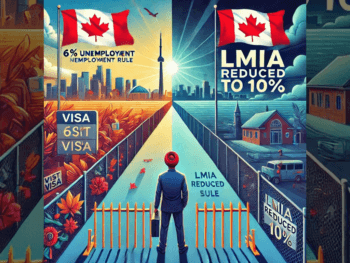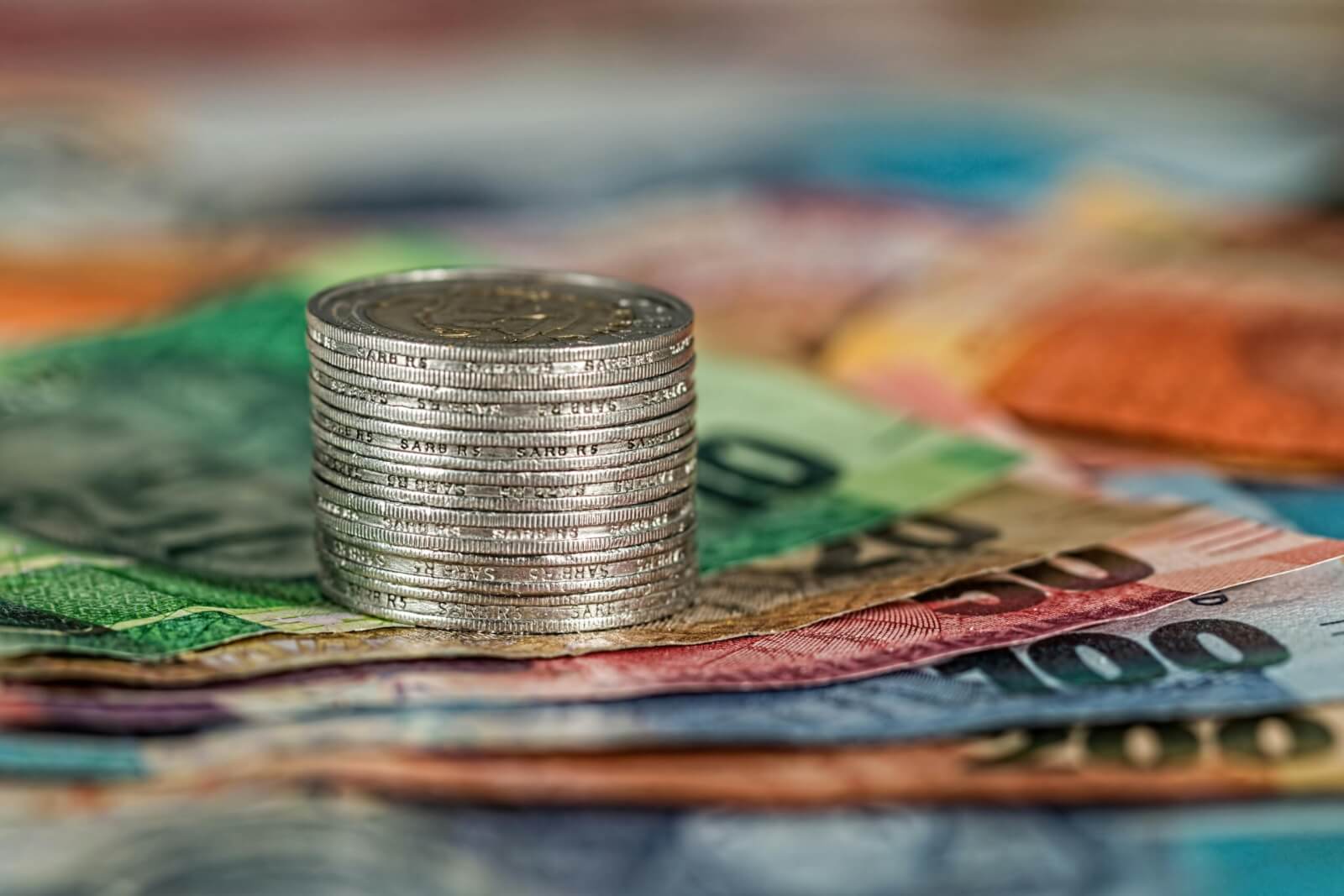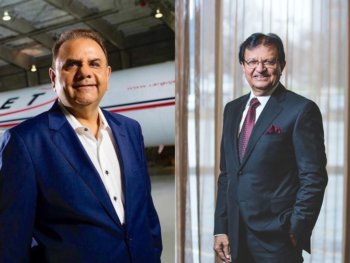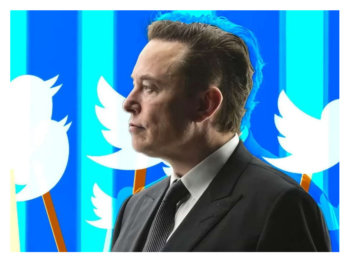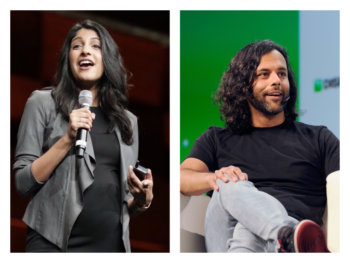Coffee May Be Number One, But Tea Options Are Beginning To Flood The Market.
Originating in Ethiopia, coffee has now become one of the biggest commodities in the world, second only to crude oil. With over 500 billion cups consumed annually and a market value over $100 billion USD, it surpasses even natural gas, gold, corn and cotton. Coffee and coffee shops represent the fastest-growing section of the restaurant business. In fact, Starbucks recently surpassed Burger King in sales, making it the third largest U.S. restaurant chain in sales.
The U.S. is the world’s largest coffee consumer. Coffee accounts for 75% of U.S. caffeine consumption and is worth $30 billion USD. However, tea — a Desi beverage of choice — is rising in popularity, reaching $15.7 billion in 2013. This is a 32% rise in growth since 2007. Starbucks clearly sees the potential in this growing market. It spent $620 million to buy Teavana, which includes 300 U.S. stores and 59 Canadian stores.
You can most likely attribute tea's growing popularity to its health benefits. That’s not to say that coffee doesn’t offer benefits. A cup of coffee contains antioxidants, vitamins B2, B3, and B5, and even potassium and manganese. Plus, studies have correlated coffee consumption with increased metabolism and a lower risk of a variety of diseases, like type II diabetes, Alzheimer’s, dementia, Parkinson’s, liver disease, stroke, cancer and even depression. However, tea can also boast of many of the same health benefits, including all the perks that coffee can offer and even more — like help with bone mineral density, which can help with osteoporosis. With both drinks, there's very insubstantial evidence for health risks unless you're consuming too much. However, consumers themselves claim to have coffee hangovers or crashes, or say they get the jitters. Notably, both these phenomena aren’t reported as much among tea drinkers.
So what does this mean for the tea business? Starbucks has expressed its interest in pushing to expand Teavana out of just shopping malls and has begun serving Teavana products in its coffee shops as well. Burger King just purchased Tim Hortons for $11.4 billion USD as part of a merger. Tim Hortons is the largest quick-service restaurant in Canada, and it has expanded into the U.S. and the Middle East. This has given Burger King access to the huge coffee market — but not so much to the tea market. Given that Starbucks has just exceeded Burger King in sales and has also made the bold move to dabble in the rapidly growing tea business, will Burger King diversify and expand its Tim Hortons menu to remain competitive?
Feature Image: Wikimedia.org
Vikram Bettadapura
Author
When he’s not blogging, Vikram Bettadapura works at a busy vet clinic. Born in Bangalore, he grew up in Abu Dhabi and later moved to Ontario, where he earned a BSc from the University of Guelph. Currently based in Toronto, he's an avid reader, passionate about culture, social issues, and ...






















































